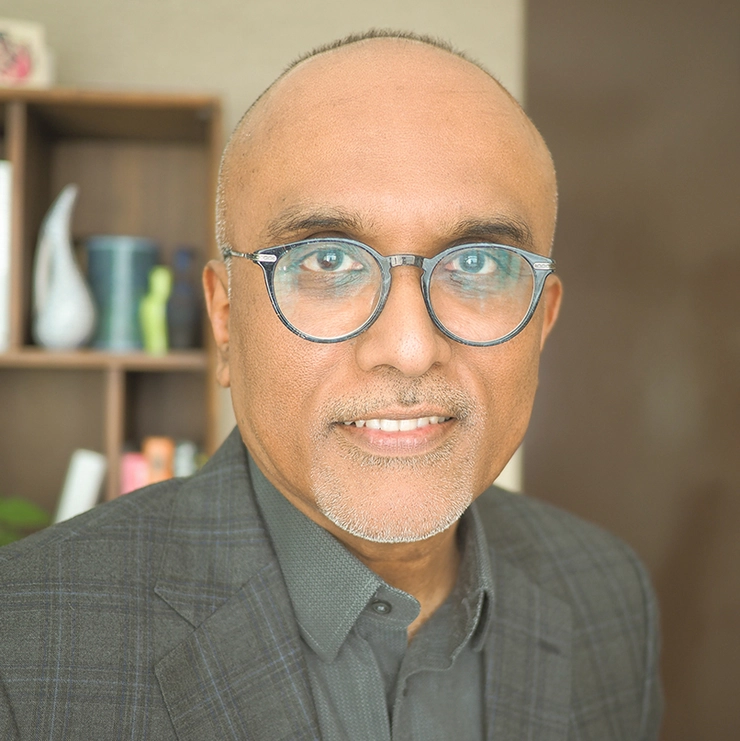Rethinking the Resistance: Responding to Hate and Polarisation
Liberal and independent media around the world are at the frontlines of the ideological battle against illiberal populist forces. Although most understand the importance of this challenge, their responses have been inadequate. This is partly because journalists — like many academics — tend to operate with unhelpful mental models. George highlights two areas requiring a radical rethink. First, although media and academia rightly recognise hate speech as a toxic pollutant emitted by anti-democratic movements, they generally fail to grasp the long-term, layered, multi-actor quality of the most harmful forms of hate propaganda. Second, while alive to the problem of political polarisation, analysts may have been too fixated on left-right animosities, at the expense of giving due consideration to top-down, elite-grassroots divides that make many ordinary citizens unrepresented by elite democratic institutions from mainstream political parties to media and universities.
Keynote Speaker: Prof. Cherian George

Cherian George is a professor of media studies at Hong Kong Baptist University’s School of Communication, where he researches media freedom, censorship, hate and intolerance. His keynote draws on his two latest publications: Covering Hate Speech: A Guide for Journalists (UNESCO, 2025) and Fighting Polarisation: Shared Communicative Spaces in Divided Democracies (Polity, 2025). His previous books include Hate Spin: The Manufacture of Religious Offense and its Threat to Democracy (MIT Press, 2016), which Publishers’ Weekly named one of the best 100 books of the year; and Red Lines: Political Cartoons and the Struggle against Censorship (MIT Press, 2021), honoured by the Association of American Publishers as one of the year’s three top scholarly books in both the Media & Cultural Studies and Graphic Nonfiction categories.

